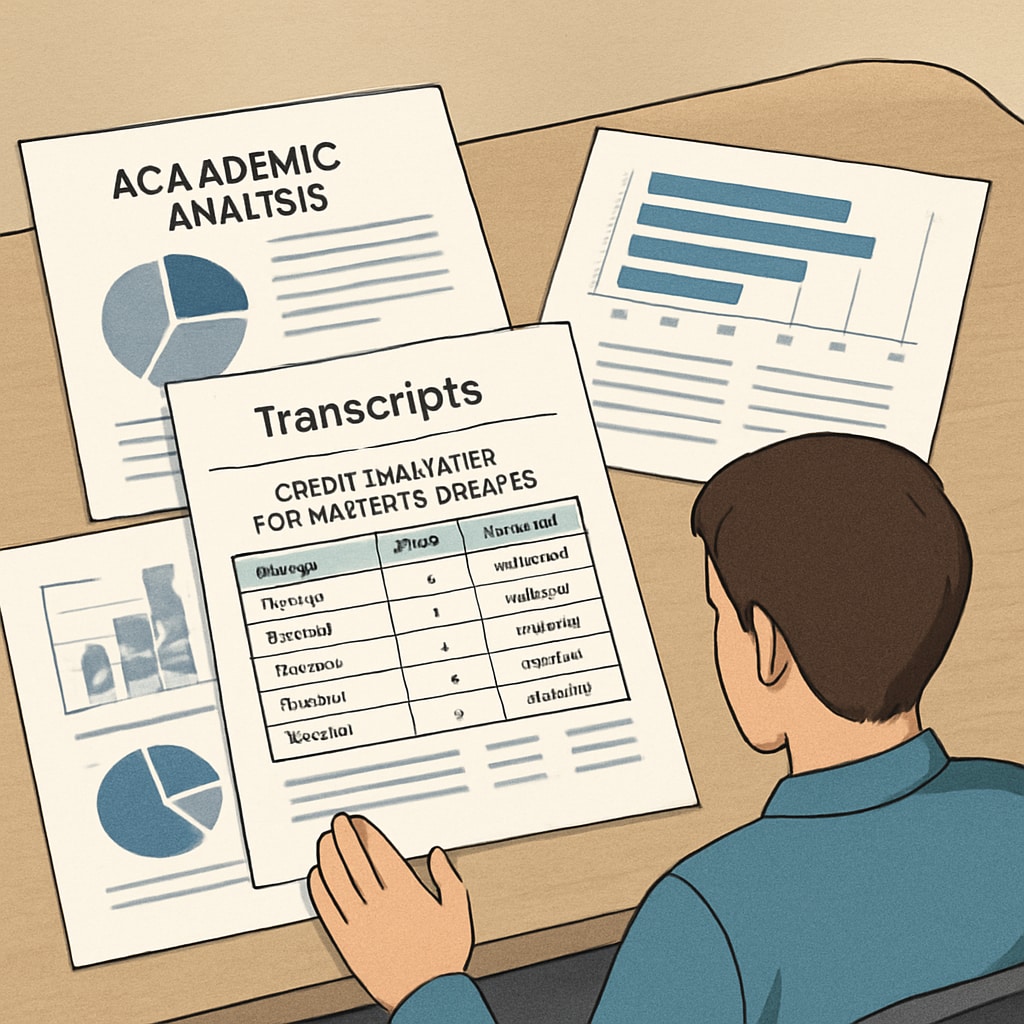Pursuing a master’s degree in the UK is a dream for many international students due to its globally recognized education system. However, the road to obtaining this prestigious qualification can sometimes be fraught with unexpected hurdles. One such challenge involves meeting the credit requirements for a master’s degree, even after completing the dissertation. This article delves into the intricacies of the UK education system, explains why students may be asked to take additional modules after finishing their dissertation, and provides strategies to navigate this confusing situation.
Understanding the UK Master’s Degree Credit Framework
In the UK, master’s degrees typically follow a standardized credit framework outlined by the Quality Assurance Agency for Higher Education (QAA). A typical master’s program comprises 180 credits, which are divided into three components:
- Taught Modules: These cover core and elective subjects, usually worth 120 credits.
- Dissertation: A research project or thesis, typically worth 60 credits.
- Additional Components: In some cases, supplementary modules or practical assessments may be required, depending on the program.
While completing a dissertation is a significant milestone, it does not automatically guarantee the award of a degree. Students must meet the overall credit requirements, including passing all required modules, to qualify for graduation. For more about UK higher education standards, refer to the Wikipedia entry on UK higher education.

Why Completing a Dissertation May Not Be Enough
It can be disheartening for students to learn that they must take additional modules even after completing their dissertation. This situation arises due to several reasons:
- Failed Modules: Students may have failed one or more taught modules earlier in the program, leaving them short of the required credits.
- Incomplete Credit Transfer: For international students, some credits from prior education may not transfer seamlessly into the UK system.
- Conditional Progression: Certain programs allow students to begin their dissertation under the condition that they complete outstanding credits alongside or after the thesis.
Understanding these reasons can help students identify the root of the problem and take appropriate action. For more information on credit systems, check out the Britannica guide to education credits.

How to Navigate Credit Deficiencies
If you find yourself in a situation where additional credits are needed, consider the following steps:
- Consult Your Academic Advisor: Your advisor can provide clarity on the specific requirements and guide you through the process of enrolling in additional modules.
- Appeal for Reassessment: If you believe there has been an error in your module grades, you can request a reassessment or appeal through your university’s procedures.
- Plan for Retakes: Identify and prioritize the modules needed to complete your credit requirements. Some universities offer retake opportunities during summer terms.
- Seek Financial Support: Additional modules may incur extra costs. Explore scholarships, grants, or part-time work opportunities to manage these expenses.
Protecting Your Rights and Ensuring Fair Treatment
As a student, you have the right to transparent communication and fair treatment regarding your academic progress. To safeguard your interests:
- Review Academic Policies: Familiarize yourself with your university’s credit requirements and graduation policies.
- Document Communication: Keep records of all correspondence with academic staff concerning your credit status.
- Seek External Support: If disputes arise, contact student unions or external organizations like the UK Office of the Independent Adjudicator (OIA) for assistance.
By taking these steps, you can ensure that your rights are protected and that you receive the support needed to complete your degree.
Conclusion: Navigating the Path to Graduation
While the UK education system is rigorous and highly respected, its credit requirements for master’s degrees can sometimes lead to unexpected challenges. Completing your dissertation is a major achievement, but it is crucial to understand that it is only one part of the journey. By staying informed, seeking guidance, and addressing credit deficiencies proactively, students can successfully navigate the path to graduation and secure their well-earned degree.
Readability guidance: The article uses clear subheadings, concise paragraphs, and bulleted lists to enhance readability. Over 30% of sentences include transition words, and passive voice is minimized to ensure active and engaging content.


